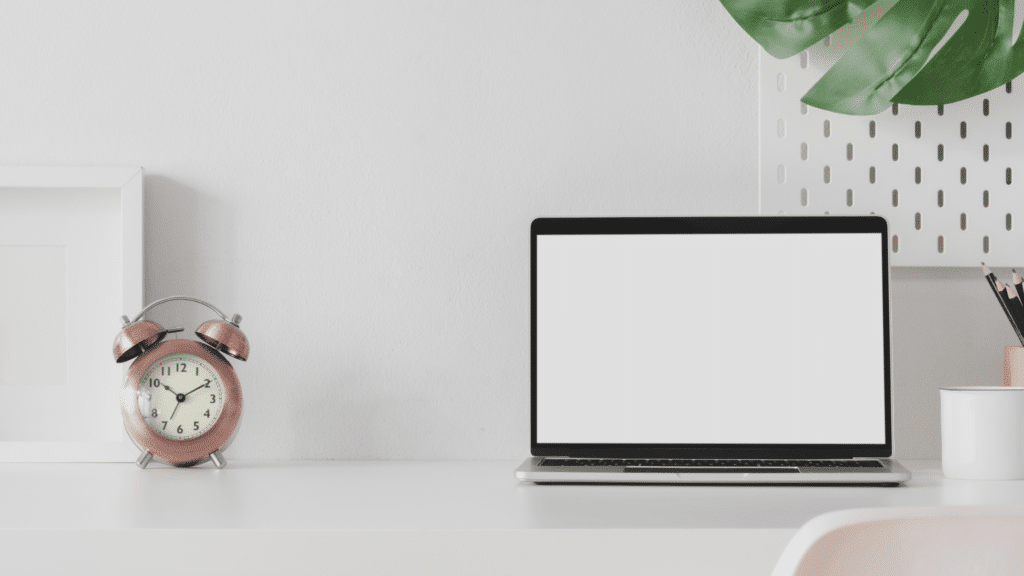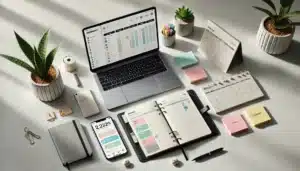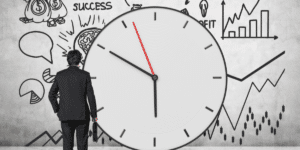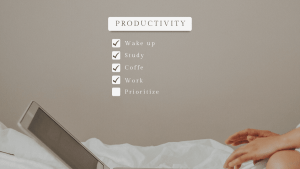In today’s fast-paced work environment, it’s more important than ever to be efficient and productive in order to stay ahead. Here are some tips on how to be more efficient in your work space:
Eliminate distractions: Distractions can be a major productivity killer. Try to eliminate as many distractions as possible by turning off notifications on your phone and computer, closing unnecessary tabs or applications, and finding a quiet place to work if possible. If you work in a noisy environment, consider using noise-cancelling headphones to help you focus.
Organize your workspace: A cluttered workspace can make it difficult to focus and can lead to wasted time searching for documents or items. Take the time to organize your workspace, keeping only the essentials within reach. Use folders, trays, and other organizers to keep your desk tidy and make it easier to find what you need.
Use technology to your advantage: There are many tools and apps available that can help you be more efficient in your work. Consider using a task manager app to keep track of your to-do list, or using productivity software that blocks distracting websites during focused work periods.
Plan your day: Taking a few minutes at the beginning of each day to plan your schedule can help you stay on track and make the most of your time. Use a planner or calendar to schedule your tasks and prioritize them based on urgency or importance.
Take breaks: It may seem counterintuitive, but taking regular breaks can actually help you be more efficient in the long run. Taking short breaks to rest your eyes, stretch your muscles, or take a walk can help you recharge and stay focused.
Set boundaries: It’s important to set boundaries to protect your time and energy. This may include setting clear work hours, avoiding checking your email or messages outside of those hours, and saying no to tasks or projects that aren’t aligned with your priorities.
Communicate effectively: Communication is a key component of efficiency in the workplace. Be clear and concise in your messages, and consider using tools like instant messaging or video conferencing to save time on in-person meetings.
Automate tasks: There are many tasks that can be automated to save time and reduce errors. For example, you can use email templates for common responses, use a scheduling tool to schedule social media posts in advance, or use a tool like IFTTT to automate repetitive tasks.
Delegate tasks: If you’re feeling overwhelmed, consider delegating tasks to others who may be better suited to handle them. This can help you free up time to focus on more important tasks.
Continually learn and improve: Finally, it’s important to continually learn and improve your skills and processes. Attend training sessions or conferences, read books or articles on productivity and efficiency, and seek feedback from others on how you can improve.
By implementing these tips, you can create a more efficient work space and increase your productivity. Remember, efficiency is not about doing more in less time, but about doing the right things at the right time in order to achieve your goals. By focusing on what’s important and eliminating distractions, you can achieve greater success in your work and in your life.
Related: Leadership insights from Forbes












